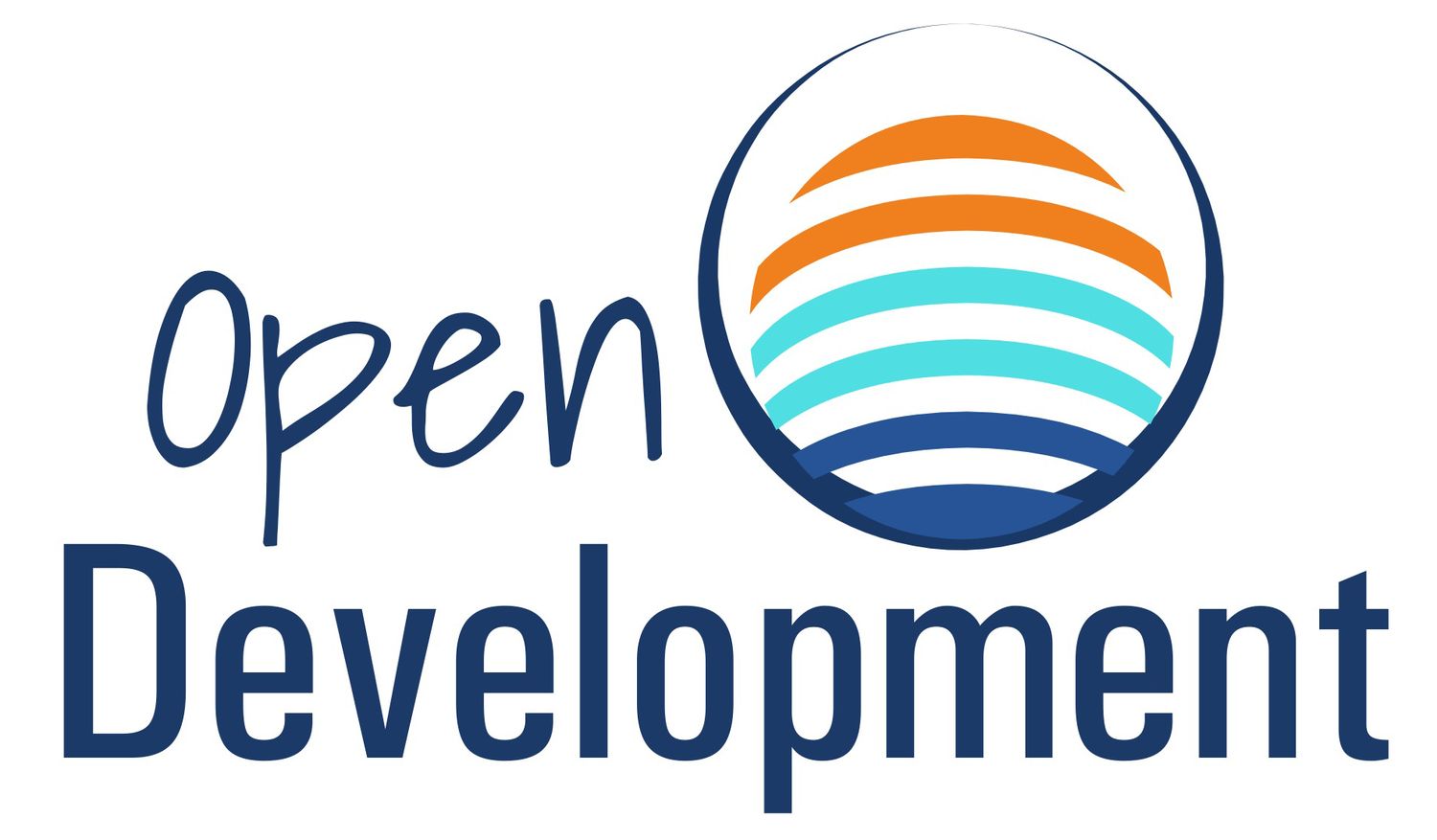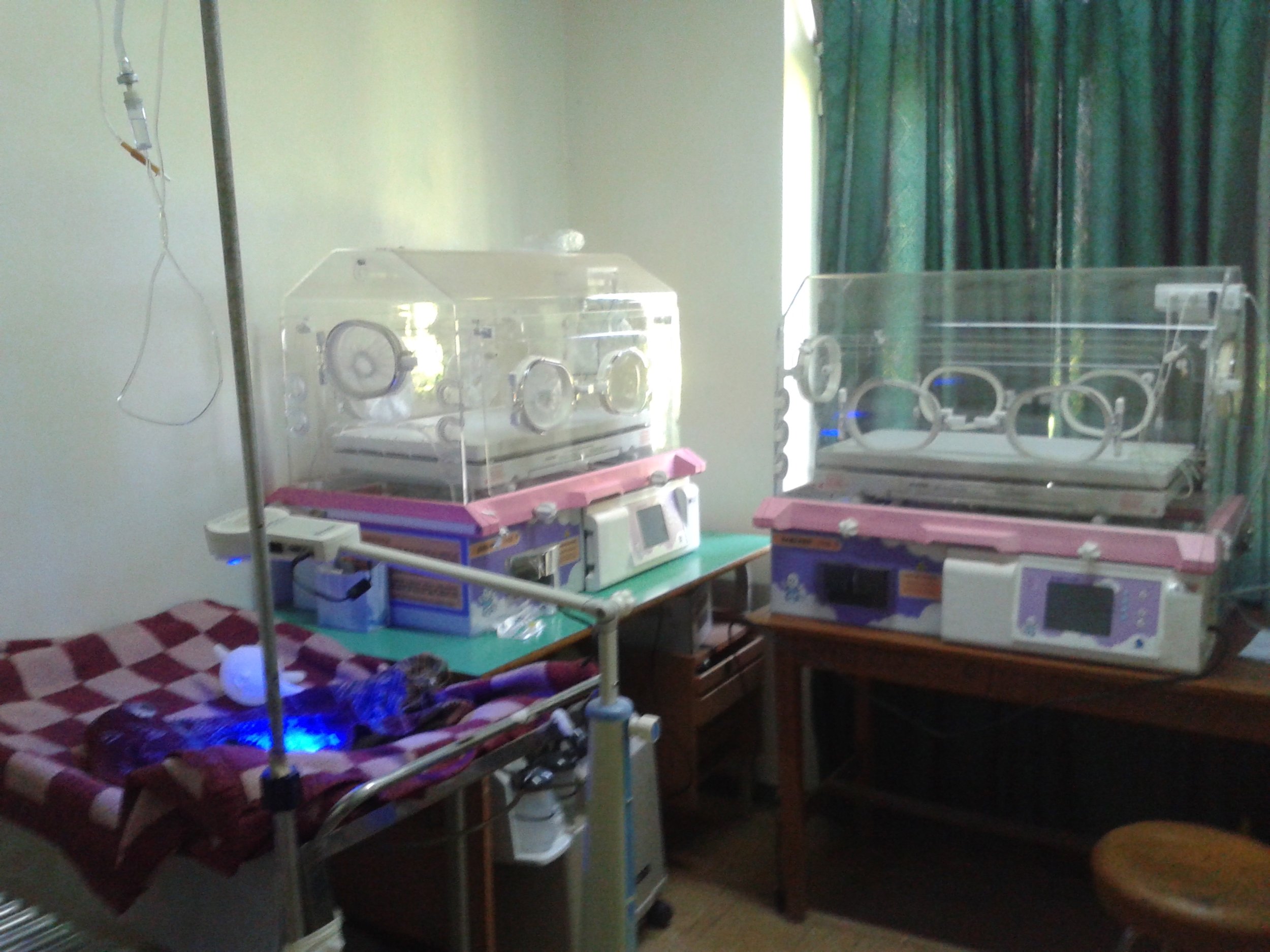Meet Yemelaknesh (Yemi) Wolde, Health Financing Advisor
Yemi Wolde, Health Financing Advisor
(photo credit: Yemi Wolde)
Kate Steger, Communications Specialist, Open Development, Yemi Wolde, Health Financing Advisor, Open Development
Yemi’s Professional Journey
After completing a medical degree at Addis Ababa University, Yemi’s first assignment, as a physician, was at the Mizan Aman General Hospital. Located in a remote area of Ethiopia, the hospital was under-resourced and served a catchment population of more than two million people, many of whom were refugees and displaced people. “I think the most challenging thing working as a physician there,” Yemi recalls, “was seeing people who couldn’t afford to buy medicine. So many physicians ended up buying the medicine for the patients who later would come back with some sort of gift, one kilo of sugar or something very simple to show their gratitude.”
Within a year of her arrival, Yemi became the medical director of the hospital. Among her accomplishments during her tenure was the establishment of the hospital’s first neonatal intensive care unit. Without a dedicated space to care for premature births, many infants were referred to hospitals hours away and rarely survived the journey. When she initially found the staff reluctant to address the problem, she decided to take what she calls a “personal approach.” She explains it like this: “I could have gone to the CEO and said, you know, we need to have an ICU and he would have said, of course we do, and then he would have ordered people to do it because he's the CEO, but that usually doesn't get you to a collaborative environment and could have created friction.” Instead, Yemi brought the staff together to consider options, brainstorm solutions, and elevate their shared sense of responsibility to their patients. With her support, they rearranged office space, tapped their professional networks to find a biotechnician who could set up the necessary equipment, and reconfigured work rosters so that appropriately trained nurses could be dedicated to staffing the new neonatal unit.
The equipped and ready-to-use neonatal ICU at Mizan Aman Hospital.
Her experience at Mizan Aman Hospital taught her three valuable lessons. First, she learned the importance of teamwork. “You need people to get things done,” she says. “You need that collaborative environment to make something bigger happen at the end of the day, and you cannot do that by telling people to do something. You have to find a goal or purpose that they aspire to achieve; you need to find that component of what drives that person.”
Her second lesson: there’s always a way. “No matter how dire the situation might seem from outside,” she says, “once you are able to unpack each step, I honestly believe you can work in different ways to make things happen.”
Finally, she says the experience allowed her to see what really mattered to her. “I enjoyed the fact that I was able to provide for the community and for the broader population as a whole.” She became a physician to have an impact on patients, but through her work at Mizan Aman, she better understood the impact health systems have on direct patient care, and she wanted to take that impact further. Consequently, her next step was to pursue a master’s degree in public health with a focus on health financing from Umea University in Sweden. She returned to Ethiopia to support the Ministry of Health to increase the financial sustainability of the country’s primary health care system while with the Clinton Health Access Initiative.
Yemi’s Work at Open Development
Yemi joined Open Development as a Health Financing Advisor in 2022. At Open Development, she has worked on the USAID Health Systems for Tuberculosis (HS4TB) Project, a global health financing and governance project led by Management Sciences for Health (MSH). As the technical lead on the project’s work in Ethiopia, Yemi is helping the Ministry of Health mobilize domestic resources and establish co-financing protocols that will increase funding for the country’s revised exempted health services package and lead to Ethiopia’s overall financial sustainability for health programs.
Along with two embedded advisors in the Strategic Affairs Executive Office of the Ministry of Health, Yemi has advanced the Tuberculosis Domestic Resource Mobilization and Sustainability Roadmap for Ethiopia and helped to drive the TB agenda within the broader health financing reforms of the government, including the Revision of the Exempted Health Services (EHS), the establishment of the Resilience and Equity Health Fund (REHF), and the initiation of the Health Financing Information System. As members of the Health Financing Technical Working Group (TWG), the team’s efforts are integrated with those of the Ethiopian Health Care Financing Strategy TWG. Together they have completed an Assessment of Ethiopia’s Health Sector Co-Financing Framework and developed a TB co-financing approach and Resource Tracking Template, both of which will be piloted and scaled by the Ministry of Health in 2025. While focused on mobilizing and tracking resources for TB, the work also informs and provides a co-financing model for the entire health sector. For example, the Assessment of Ethiopia's Health Sector Co-Financing Framework will guide the financing approach for the Exempted Health Services. It also offers valuable insights to the government on boosting contributions to fulfill the co-financing commitments with the Global Fund and the recently announced Support Wide Scale Interventions to Find TB (SWIF TB). For Yemi, the work brings her back to her earlier experiences at Mizan Aman Hospital. “In my role as a medical director,” she says, “I was able to see how, in a setting like Ethiopia, resources are very limited and it's a must that you prioritize interventions. Also, I saw a lot of inefficiencies in the system that could benefit from a cost-benefit analysis approach.”
In addition to her work in Ethiopia, Yemi has also been working with Open Development at the global level to improve domestic financing for TB (the second most deadly infectious disease after Covid) through the development of the TB Financial Sustainability Index (TB FSI), a global tool currently being rolled out to ten countries. Currently, Yemi oversees implementation of the TB FSI in South Africa, Tanzania, and Malawi. In addition, she supports countries to advance key financing reforms, such as contracting with the private sector in Bangladesh.
Leveraging her professional experiences and health financing knowledge, Yemi’s early clinical lessons continue to bear fruit. By taking a collaborative approach, supporting a shared goal, and persevering in removing systemic obstacles to optimal patient care, Yemi is building the capacity of local governments and practitioners around the world to sustainably steward financial resources for better health outcomes.
Yemi Answers Three Easy Questions
What is the best advice you've ever received?
Always assume good intent.
What is something that most people don't know about you?
My love for Yoga and the related spiritual teachings.
What is one thing you'd like people to know about working for Open Development?
Supportive leadership and amazing co-workers.


